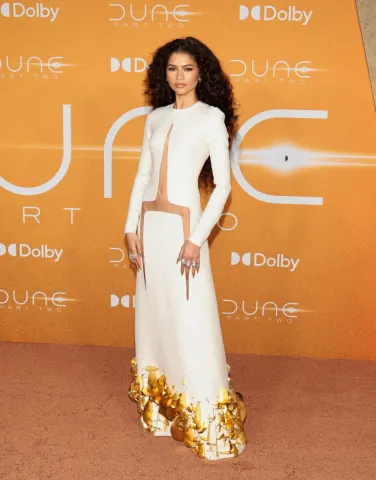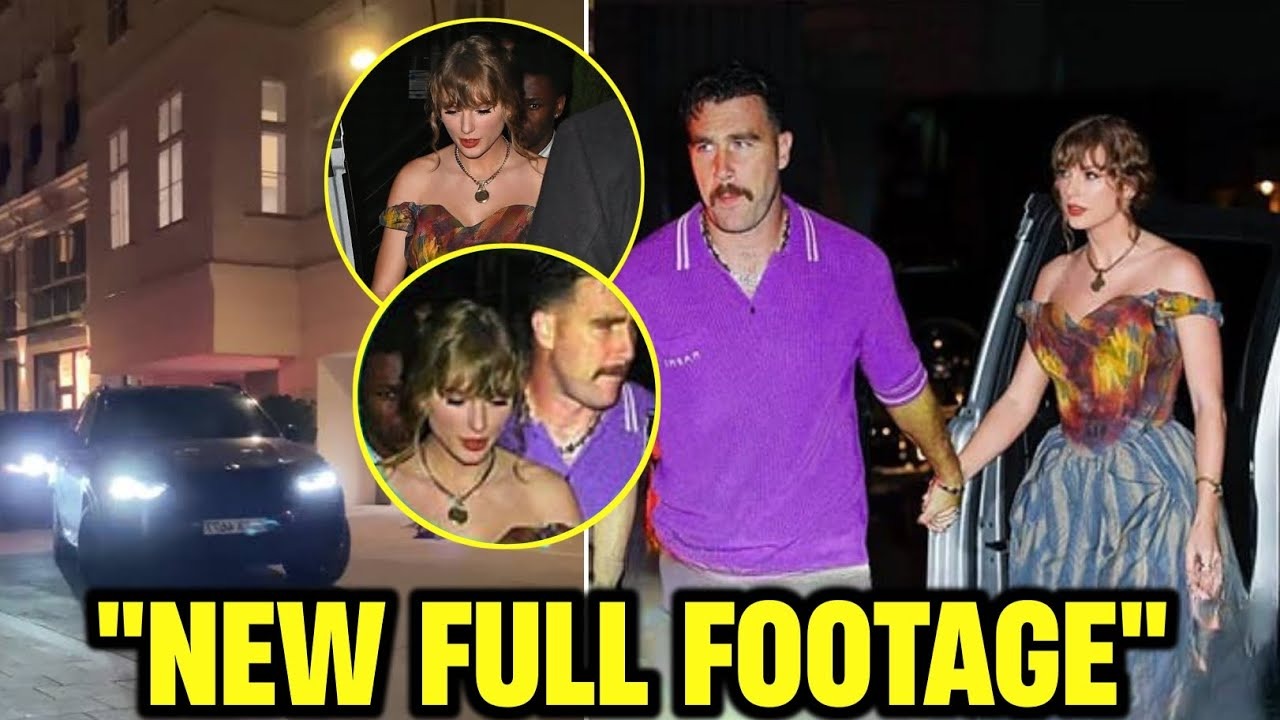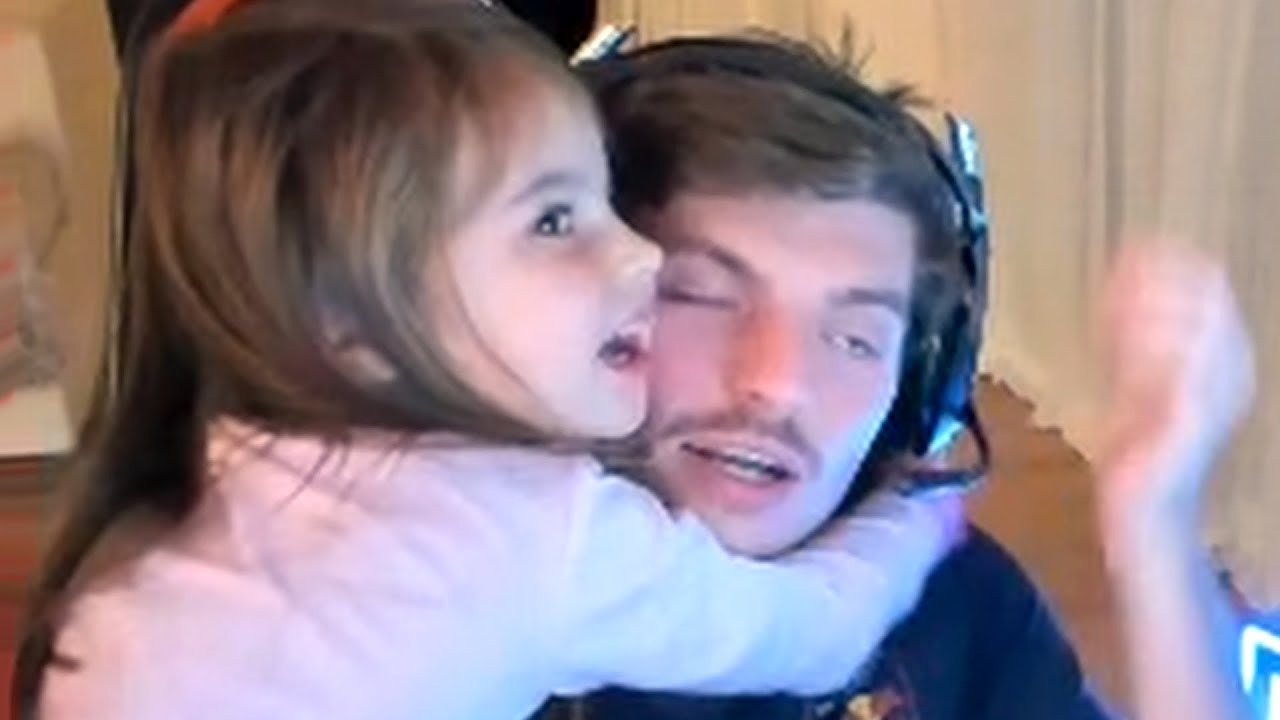While breaking down the Dune 2 ending, the film’s director confirmed what fans had assumed about its shocking conclusion.
Denis Villeneuve’s latest sci-fi epic brought audiences back to the spice-covered world of Arrakis, following Timothée Chalamet’s Paul Atreides and Zendaya’s Chani in a sprawling odyssey that touches on the consequences of blind faith, colonialism, and the origins of prophecy.
The space-faring blockbuster had audiences’ jaws on the floor in its closing moments, as Chalamet’s Paul realized his destiny as the messiah figure known as the Lisan al Gaib and turned his back on Zendaya’s non-believer Fremen nomad.
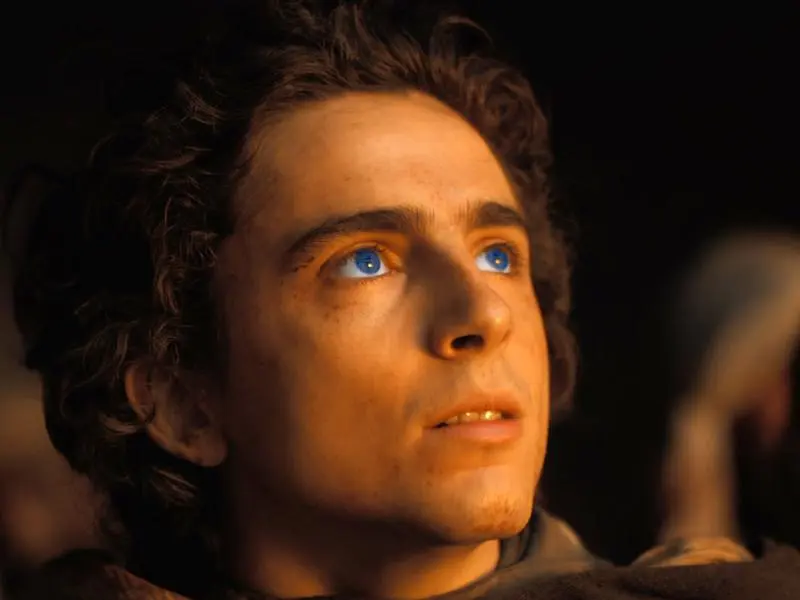
[ Dune – Part 2 Cast & Characters: 15 Main Actors and Who They Play ]
Denis Villeneuve Speaks Out on the Dune 2 Ending
Dune 2 director Denis Villeneuve broke down the film’s ending, substantiating suspicions fans have had since the movie’s release.
According to the French-Canadian filmmaker, when Timothée Chalamet’s Paul Atreides finally embraces his role as a messiah figure to the Arrakis-bound Fremen people, Zendaya’s Chani sees it as a damning betrayal by her former lover.
Chani thus decides to stay behind on the spice dunes of her home planet, as she believes the prophecy surrounding Paul is simply a tactic to further oppress her people.
In an interview with Inverse, Villeneuve called the film a “love story” between Paul and Chani, and that the final moments of Chalamet’s character leaning into his persona as the Lisan al Gaib was a “turning point” for Chani as many suspected:
“The movie is structured on the love story between Paul and Chani. The idea was to make sure that we will unfold Paul’s story through this relationship, and that the very specific [turning point of] Paul will be seen roughly more from the perspective of Chani. And that is a very important shift. I changed the nature of Chani’s character to create a perspective that I hope Frank Herbert will agree with in order to achieve his goal.”
The Dune director admitted that the Frank Herbert novel his films were based on served as a “warning about charismatic leaders,” and thinks he accomplished that with Chalamet’s Paul and his shocking turn in Dune 2.
Just like Herbert’s classic Dune books, Villeneuve wanted to avoid this being a ‘white savior’ story, thus introducing the complicated narrative implications of Paul “[becoming] what he was trying to fight against:”
“In order to achieve that, I made sure that in Paul’s dramatic arc and the story, that all the elements were there, I just played with them a bit differently. At the end of the movie, you see that Paul made choices that in order to protect some people, he will become what he was trying to fight against.”
How Fans Reacted to the Dune 2 Ending
Denis Villeneuve’s comments about the Dune 2 ending confirmed several prevailing about the spice-laden blockbuster.
While the original Dune novel may have ended slightly differently, Villeneuve adapted the source material wisely, knowing where he would potentially want to go in an eventual third movie, and leaning harder into the ‘who will be our next oppressor’ narrative.
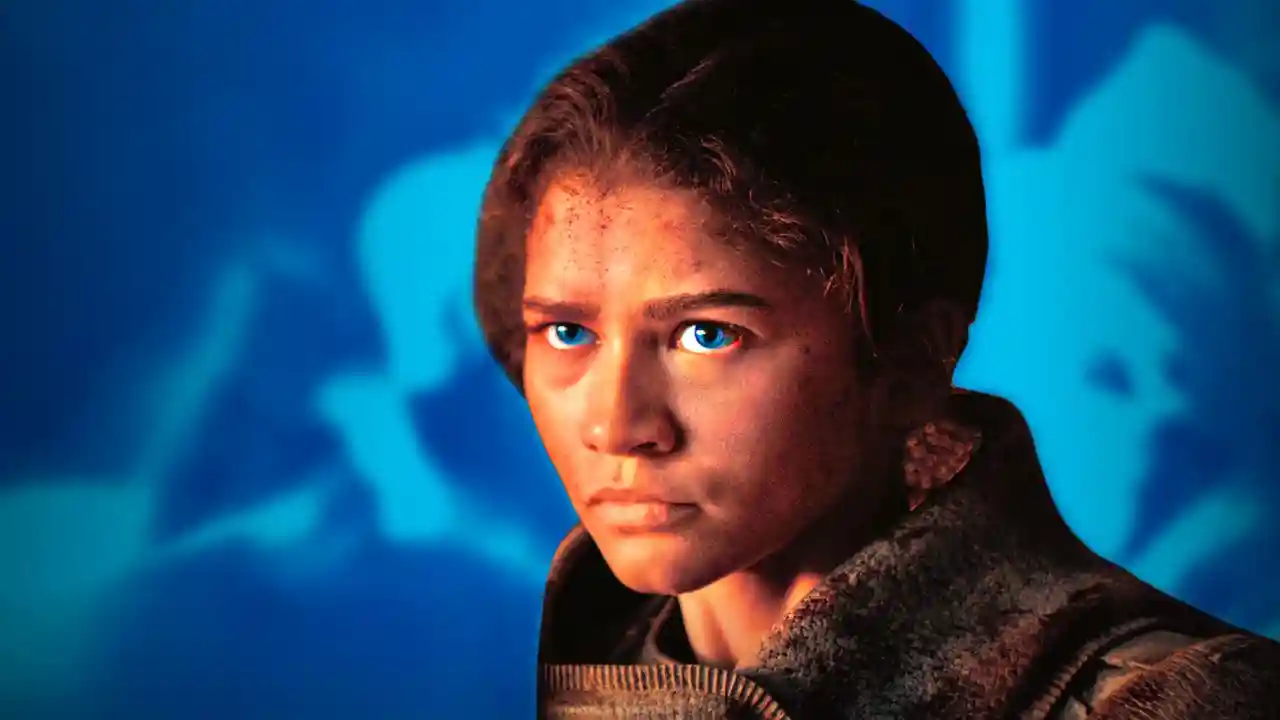
In the book, Chani’s feelings about Paul are a little less conflicted as the story comes to a close. On the page, she is still in love with the character, not turning her back on her former lover nearly as quickly.
Instead though in the movie, Paul’s asking for Princess Irulan’s (played by Florence Pugh) hand in marriage cements Chani’s feelings about her former lover.
Coming out of the movie, many fans had theorized this was a choice Villeneuve to “[lend] the perspective of the oppressed” going forward (via Paul Muad’Dib on X):
“I was asked why Villeneuve’s DUNE is a good adaptation for the modern day. [There are a] lot of ways to answer, but one of them is smartly using Chani to focus on the people most exploited in the conflict over spice. She lends the perspective of the oppressed, both at the beginning and ending.”
This was a narrative thread that Frank Herbert would go on to convey in further books, but at the time of writing the Dune story was not something he had accounted for.
Villeneuve’s take on the Dune world has the benefit of that added context from the other novels, as well as more than 60 years of real-world events to draw upon.
Just as fans had thought, the added context was an intentional twist on the Herbert canon, providing commentary on the cycle of exploitation and colonialism as well as rejecting the ‘white savior’ narrative some have taken Dune to represent.
Dune: Part Two is playing in theaters around the world now.
